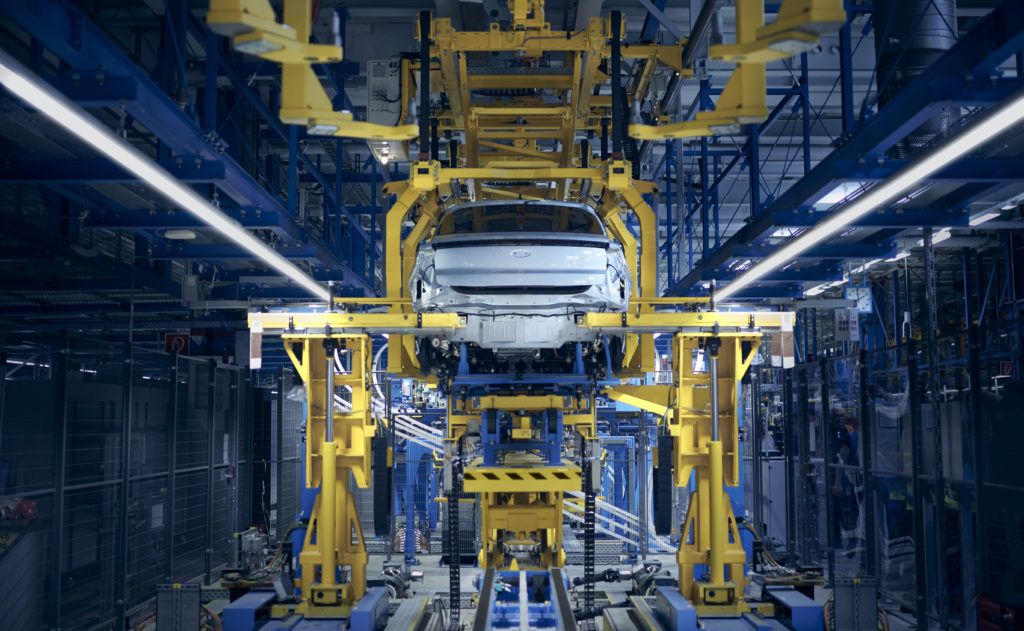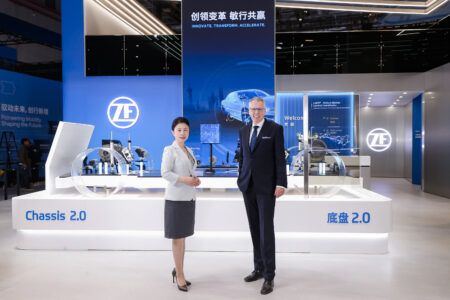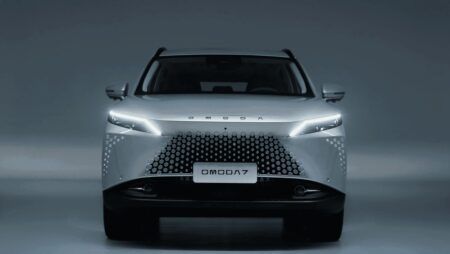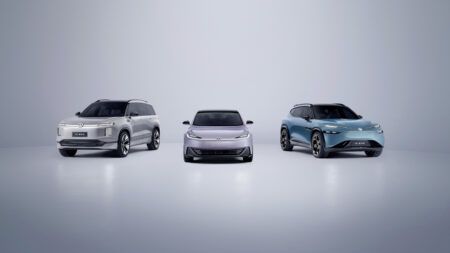Ford has opened the Cologne Electric Vehicle Center, a hi-tech production facility in Germany that will build Ford’s new generation of electric passenger vehicles for millions of European customers. Ford has transformed its historic plant in Niehl, Cologne – first founded in 1930 – as part of a $2 billion investment which represents a major vote of confidence in skilled German manufacturing jobs and the future of automotive production in Europe.
Designed to be highly efficient, the 125-hectare site is equipped with a brand-new production line, battery assembly and state-of-the-art tooling and automation, enabling an annual production capacity of 250,000+ EVs. Following the successes of Mustang Mach-E, E-Transit and F-150 Lightning, Ford recently unveiled its fourth EV globally, the electric Explorer, which will be the first electric vehicle to be produced in Cologne, followed by a second electric vehicle, a sports crossover. The Cologne EV Center will be Ford’s first carbon neutral assembly plant to open globally and supports the company’s commitment to reach carbon neutrality across its entire European footprint of facilities, logistics and direct suppliers by 2035.
“Opening the Cologne EV Center is the start of a new generation of clean manufacturing and electric vehicles in Europe,” said Bill Ford, Executive Chair. “This facility will now be one of the most efficient and environmentally responsible plants in the entire industry. I am thrilled to continue working toward a zero emissions future for our children and grandchildren.”
The opening of the Cologne EV Center is the latest chapter in the long history of the Ford Cologne plant, which has been at the heart of the European automotive industry since 1930. Iconic vehicles built at the site have included the Ford Model A, Taunus, Capri, Granada, and Fiesta. For more than 90 years the Ford plant in Cologne has been one of Ford’s most efficient plants worldwide – producing over 18 million cars – and has enabled freedom of mobility for millions of Europeans across generations. With an annual production capacity of 250,000 EVs, the new EV Center supports the company’s global plans to reach a run rate of two million EVs annually by the end of 2026.





